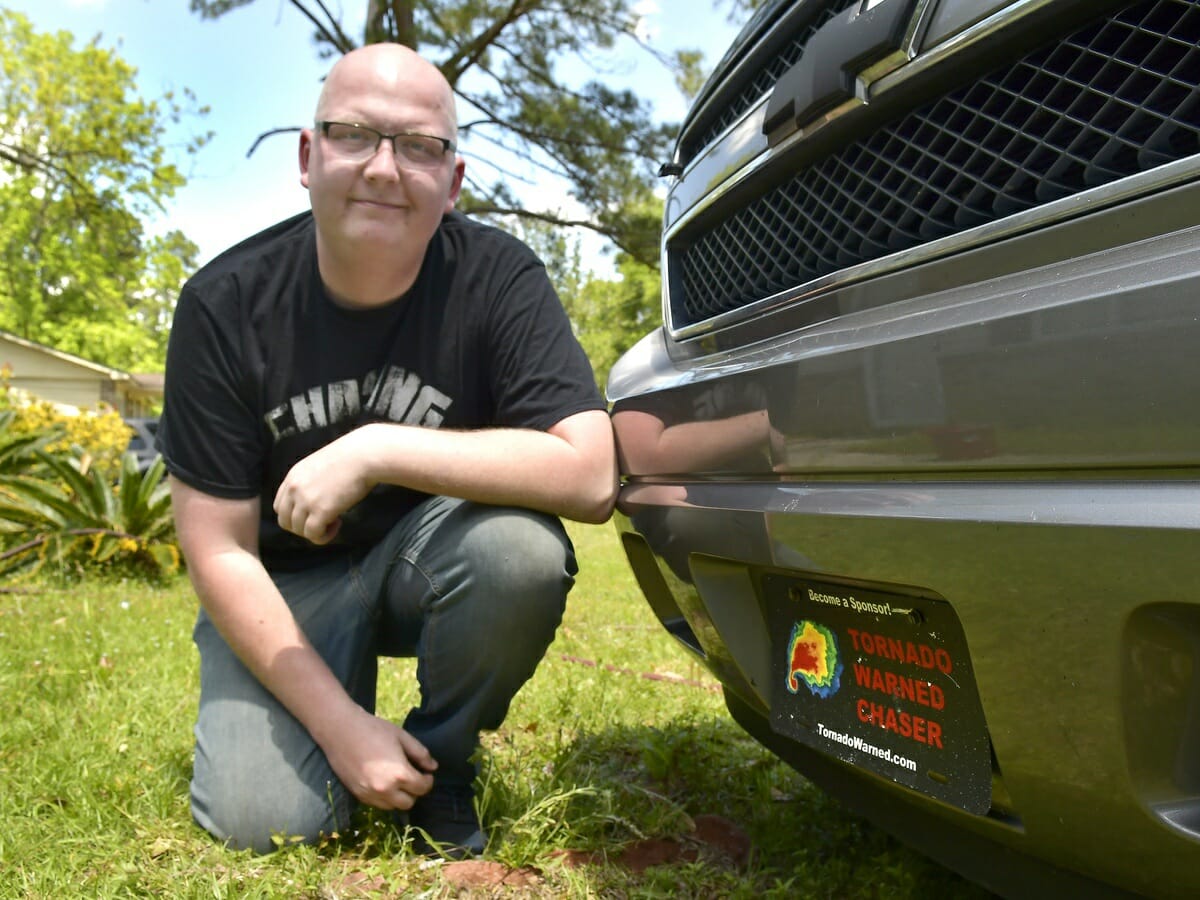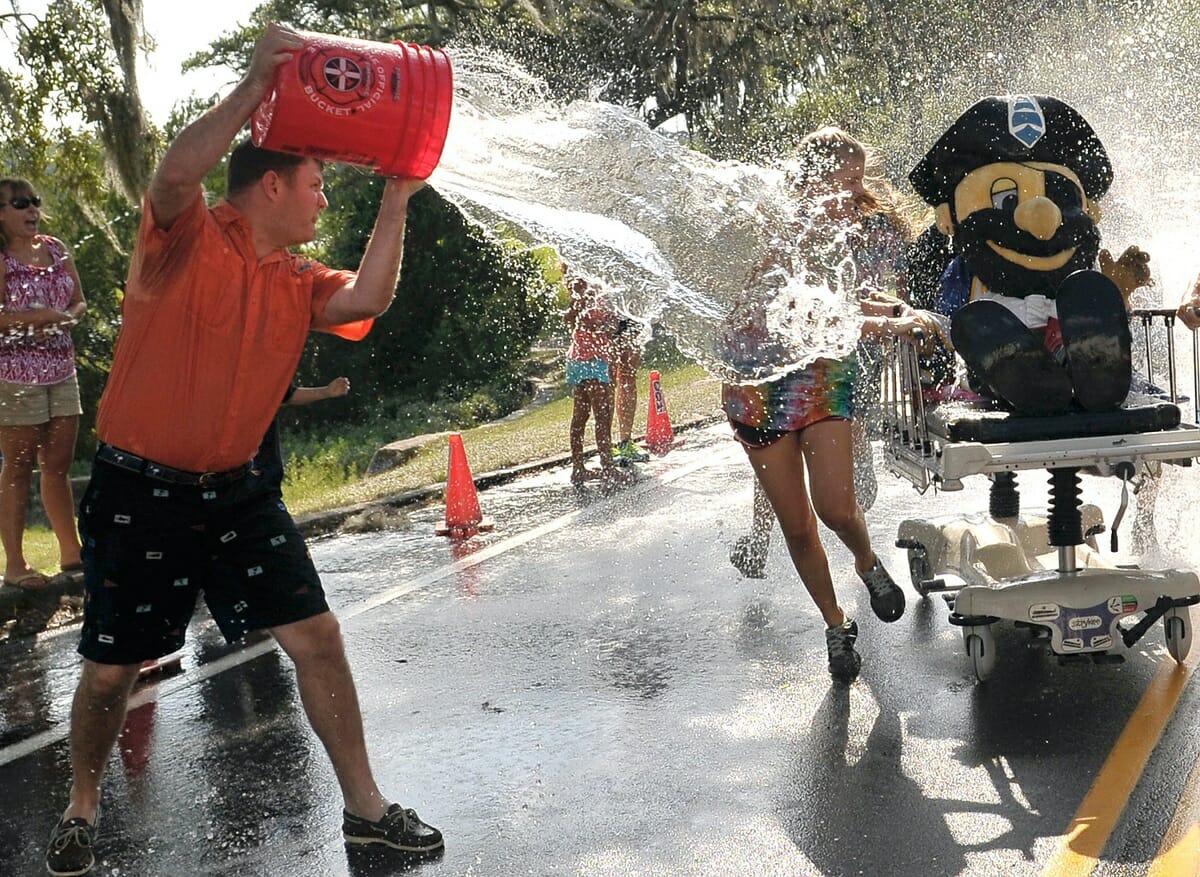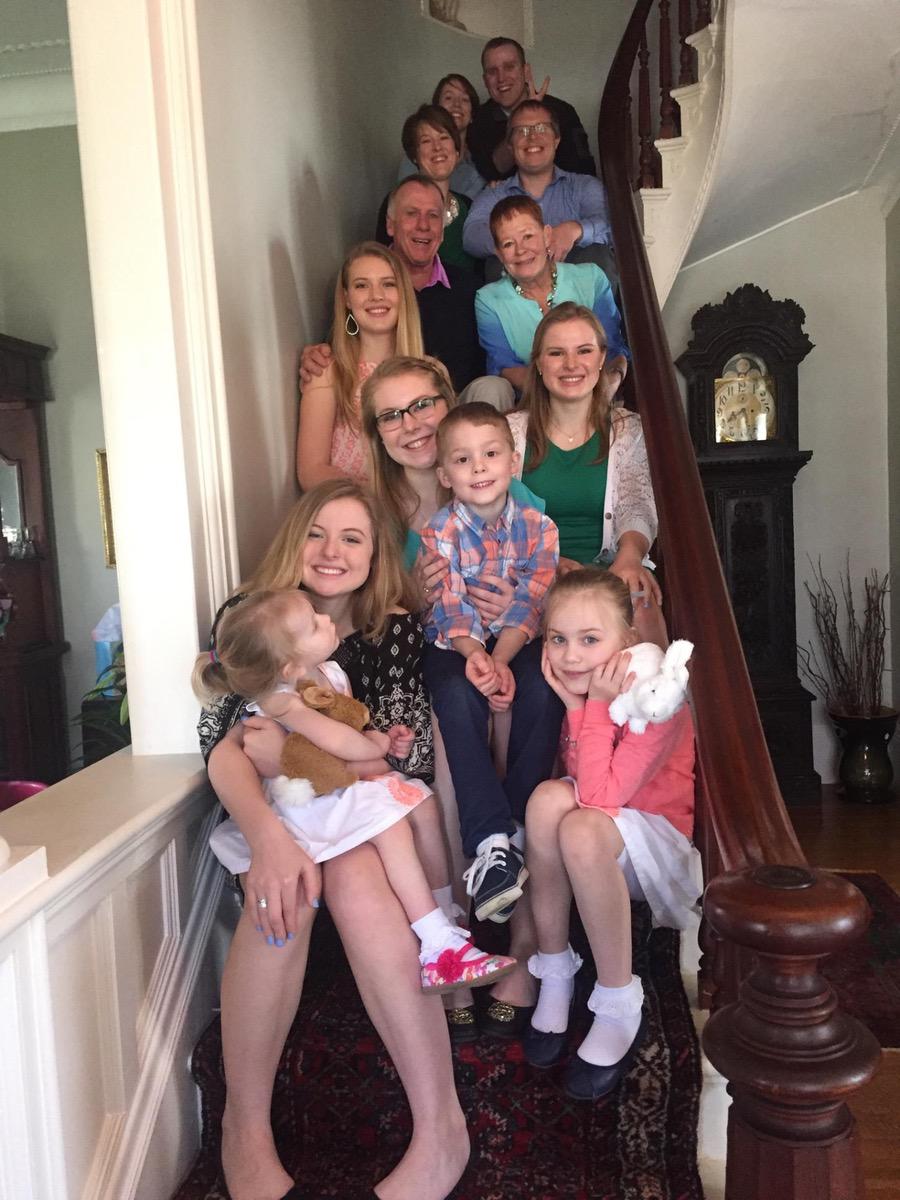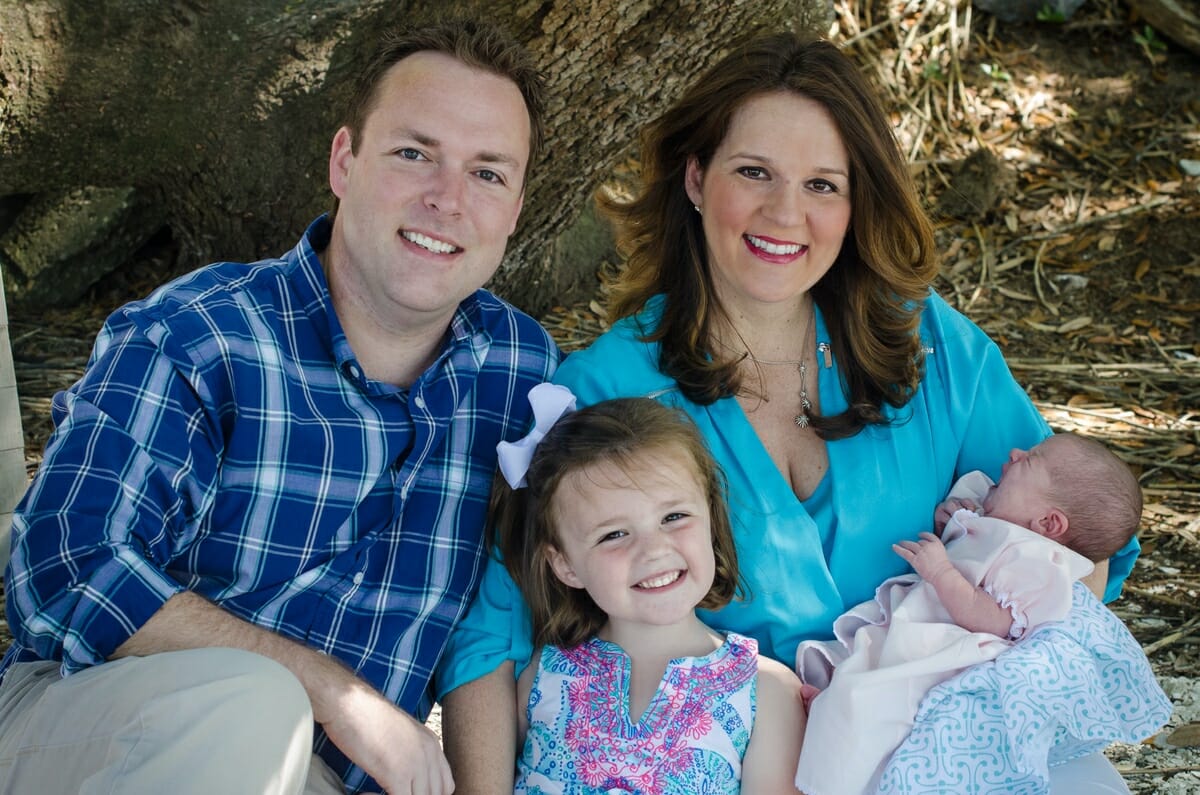By Anne Christnovich
Patients of Dr. C. Allen Henry often lick his fingers to let him know he’s done a good job.
And Henry, of Broad Marsh Animal Hospital, wouldn’t have it any other way.
His main practice, located at 2511 Boundary Street, is a warm yellow building surrounded by marsh and a brick patio decorated with flowers, an arbor, wind chimes and a handful of dogs up for adoption. The cheery color of the building seems to match the doctor’s disposition.
Henry has been a Lowcountry veterinarian for 31 years and has cared for rodents, reptiles, canines, felines, equines and bovines.
Henry chose his profession from a combination of growing up on a dairy farm on St. Helena Island and an early childhood experience with the medical world.
When Henry was 8 years old, he was severely burned and spent weeks at the Medical University of South Carolina in Charleston, where doctors performed dozens of surgeries. Faint patterns from skin grafts are still visible on his neck.
The compassion the doctors showed him inspired Henry to follow in their footsteps.
“From that point forward I think I knew I wanted to be in medicine,” he said of the experience.
For a while, he couldn’t decide whether he wanted to be a human or animal doctor but ultimately, his ties to dairy farming and the special bond between animals and humans won him over.
“On a dairy farm, you’ve already had a lot of exposure to different things, so you go to veterinary school basically to get the book knowledge,” he said.
Henry went to the University of Georgia and immediately jumped into his work by inheriting a practice from a vet who retired.
“I graduated on a Saturday and I took three emergencies on Sunday,” he said. “Basically I took the practice over the day after I graduated.”
Since then, he’s also raised five children, aged 23 to 33 and currently has three rescued dogs, two rescued cats, four horses and 15 Holstein and Jersey cows. Two years ago, he started staffing his clinic 24/7 for emergencies and overnight care, and created his own form of animal insurance last year.
At 60 years old, Henry is a tall, broad-shouldered doctor with silver hair and a mustache. He’s big enough to make the image of him holding a 2 lb. Chihuahua comical, but the picture of him hefting a foal from a horse is completely believable. He hasn’t worked with large animals for about 12 years due to injuries from a car accident; now he sticks to small animals.
He takes calls all hours of the day for patients in need. During the Tuesday morning interview, Henry sipped a soda for caffeine, as he’d been up most of the night tending to three emergencies.
“People sometimes ask how I can work six or seven days a week,” he said, ”but compared to dairy farming, this is not that bad.”
In his three decades of practice, Henry has seen 31,000 families, many of whom have multiple pets, caring for some patients from puppyhood to their final days.
He also cares for animals without families and sometimes acts as the liaison for adoptions.
About a year and a half ago, Henry helped house and place 30 potbelly pigs confiscated by animal control — each one found a home. He also typically has a handful of dogs and cats at his hospital available for adoption. Recently, Henry operated on a Labrador-border collie mix that was shot in the shoulder with a shotgun. Despite the BBs still peppered in his skin, he now happily greets anyone who visits Dr. Henry’s clinic and the doctor hopes to find a forever home for him soon.
As one might expect, a vet who takes calls at all hours every day of the year has a deep well of interesting stories.
Once, a woman brought her dog in because it had eaten a non-edible item and couldn’t digest it. While removing that object, Henry found a bracelet, too. The woman, shocked, said she’d lost it five years before.
Another time, Henry was called out to St. Helena Island to help a cow that was having trouble giving birth. Henry arrived to find the beast laying out in a salt marsh and, after inspection, found that the calf’s head and legs were turned the wrong way.
The farmer said to Henry, “Doc, we’ve got a problem.”
Thinking it was a rather obvious statement to make, Henry said, “I know.”
“No, Doc,” the man said, “the tide is coming in.”
“We got that calf out, but it was born in about two inches of water,” he said, laughing.
Henry said any kind of medicine comes with the burden of dealing with difficult decisions or death, and those moments sometimes weigh him down.
“The hardest thing is to know you and your hospital can make that animal whole again, but can’t do it because of money,” he said. “Whenever you’re in medicine, life is life and death is death … But at least in vet medicine you have the ability to alleviate suffering.”
Henry said the sweeter aspects of the job include people’s kindness. Some have donated money to help an owner pay for a procedure and many people have adopted injured animals brought to his hospital.
When he graduated veterinary school all those years ago, his father — who at age 87, still farms on St. Helena — told him, “Son, if you attend your cases and do a good job, you’ll be fine,” Henry said. “I’ve never forgotten those words.”
“The greatest joy is seeing 20 or 30 patients in a day and almost all of them walk out for the better,” he said. “It’s a good profession and it’s nice to still wake up each morning and like what you get to go to work and do.”
Henry recently opened a second clinic at 391 Sea Island Parkway on St. Helena Island. For more information, call 524-2224.





